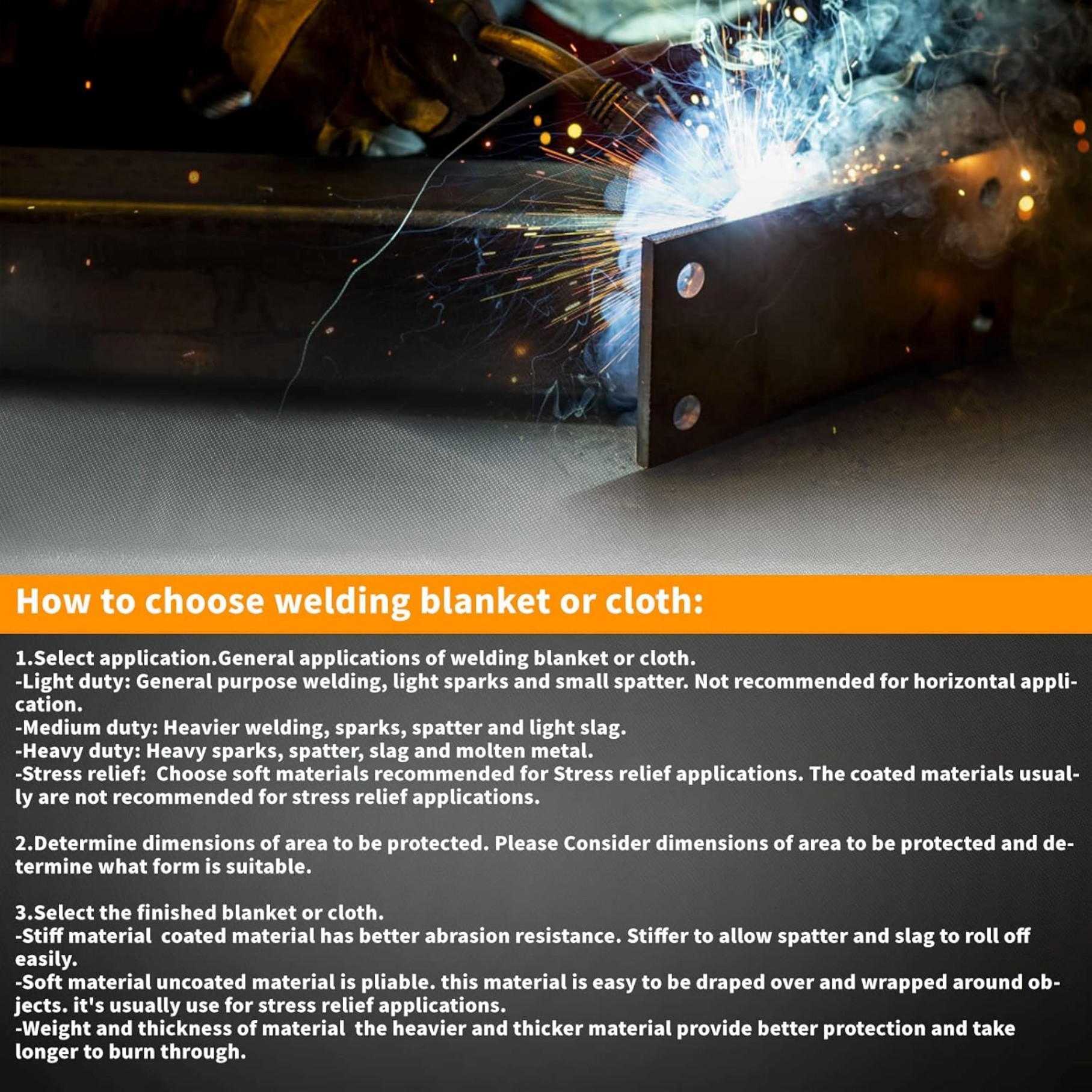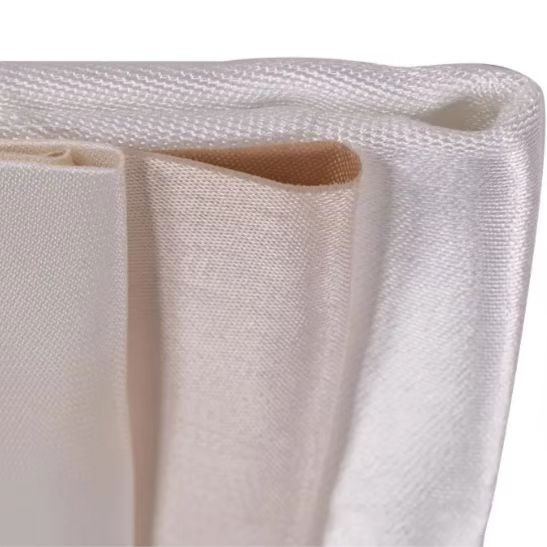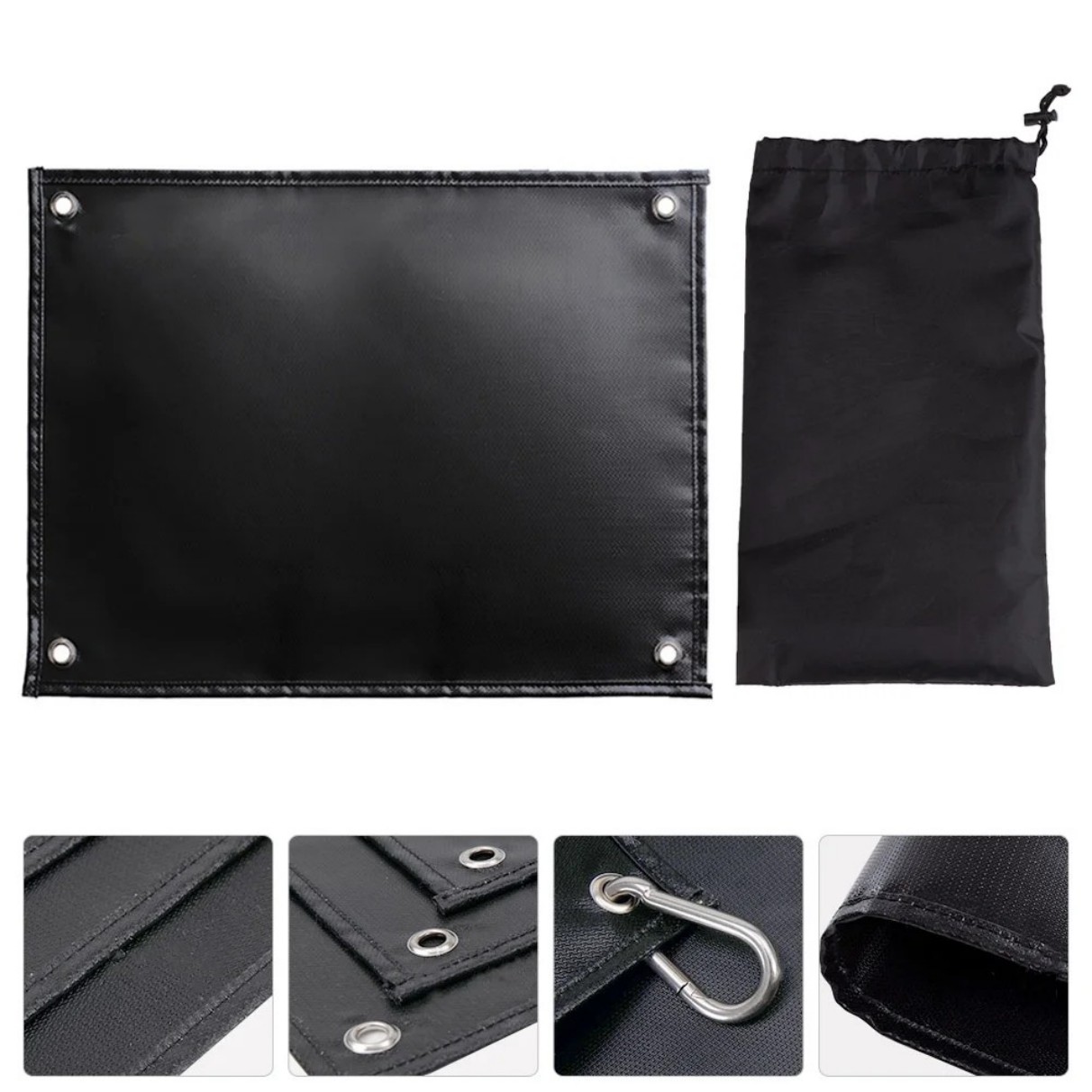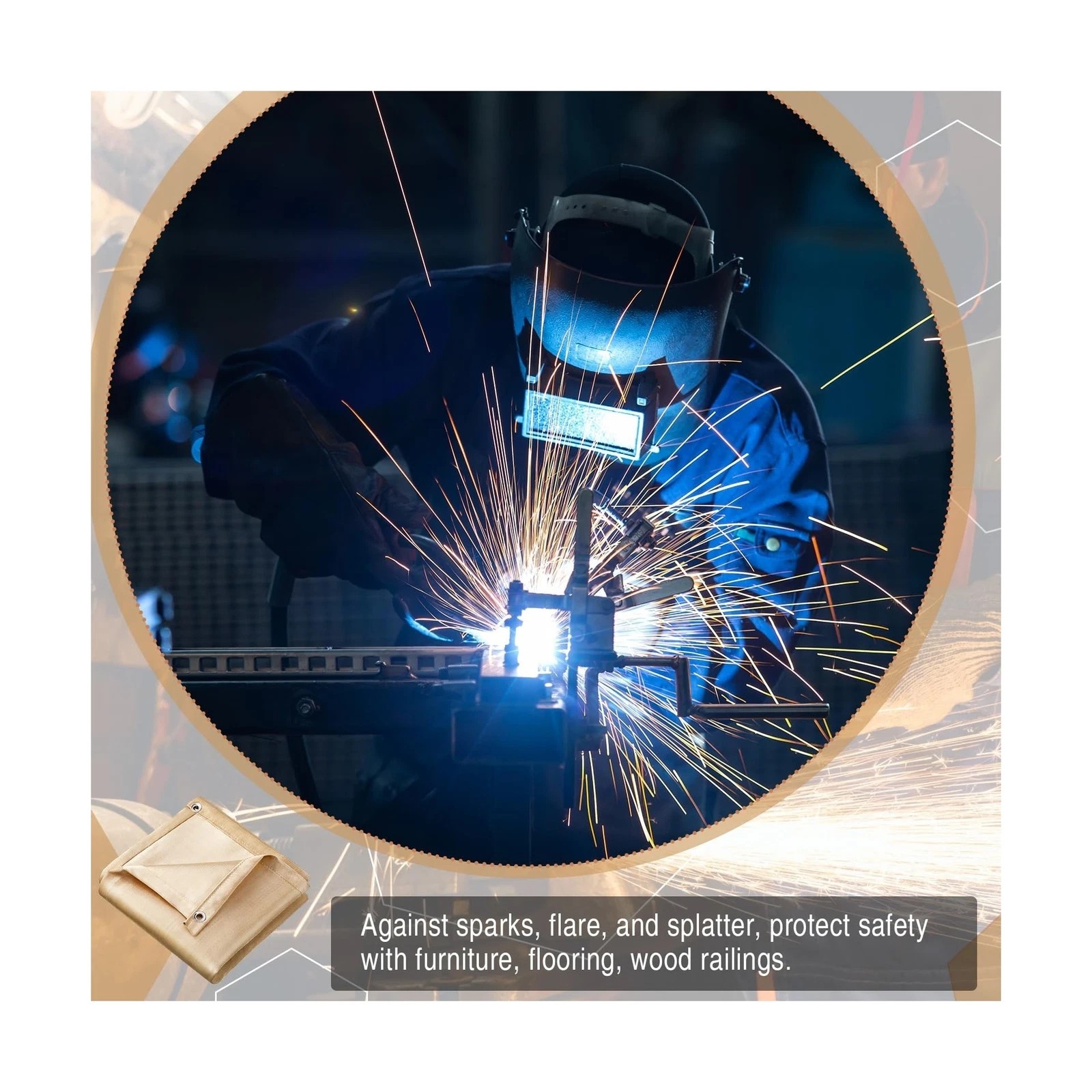First Emergency Fire Blanket: Your Essential Safety Tool for Quick Fire Response
This guide explains how a first emergency fire blanket works, when to use it, and why every home needs one. Learn proper techniques to smother fires safely and effectively with this critical safety device.
What Is a First Emergency Fire Blanket?
A first emergency fire blanket is a specially designed safety device made from fire-resistant materials. You use it to smother small fires by cutting off the oxygen supply. Unlike fire extinguishers, it requires no special training and leaves no messy residue.
When Should You Use It?
Your first emergency fire blanket works best on:
- Kitchen fires (grease, electrical appliances)
- Clothing fires
- Small trash can fires
- Car fires (small engine compartment fires)
Never use it on large fires or chemical fires. For those, evacuate immediately and call emergency services.
How to Use Your Fire Blanket Properly
Follow these steps for maximum effectiveness:
- Pull the tabs to release the blanket from its container
- Hold the blanket by the corners with your hands protected behind it
- Place the blanket gently over the flames - don't throw it
- Leave the blanket in place for at least 15 minutes
- Call emergency services if the fire was significant
Key Features of Quality Fire Blankets
When choosing your first emergency fire blanket, look for:
- Fiberglass material (most effective)
- Size of at least 1m x 1m (larger for commercial use)
- Easy-open packaging with clear instructions
- Temperature resistance up to 900°F (500°C)
- Reusable (after proper inspection)
Where to Place Your Fire Blanket
Install your first emergency fire blanket in these key locations:
- Kitchen (within 10 feet of cooking areas)
- Garage or workshop
- Near electrical panels
- Vacation homes or RVs
Keep it accessible but away from potential fire sources. Mount it on the wall using the included bracket for quick access.
Maintenance and Replacement
Inspect your first emergency fire blanket every 6 months:
- Check for tears or damage
- Ensure the container isn't compromised
- Verify the pull tabs function properly
Replace it every 5 years or immediately after use. Even if it looks fine, the protective coating degrades over time.
Why It's Superior to Extinguishers in Some Cases
Your first emergency fire blanket offers advantages when:
- Dealing with grease fires (water or powder extinguishers can spread them)
- Protecting someone whose clothes are on fire
- You need a simple solution for small, contained fires
- Space is limited (blankets take less room than extinguishers)
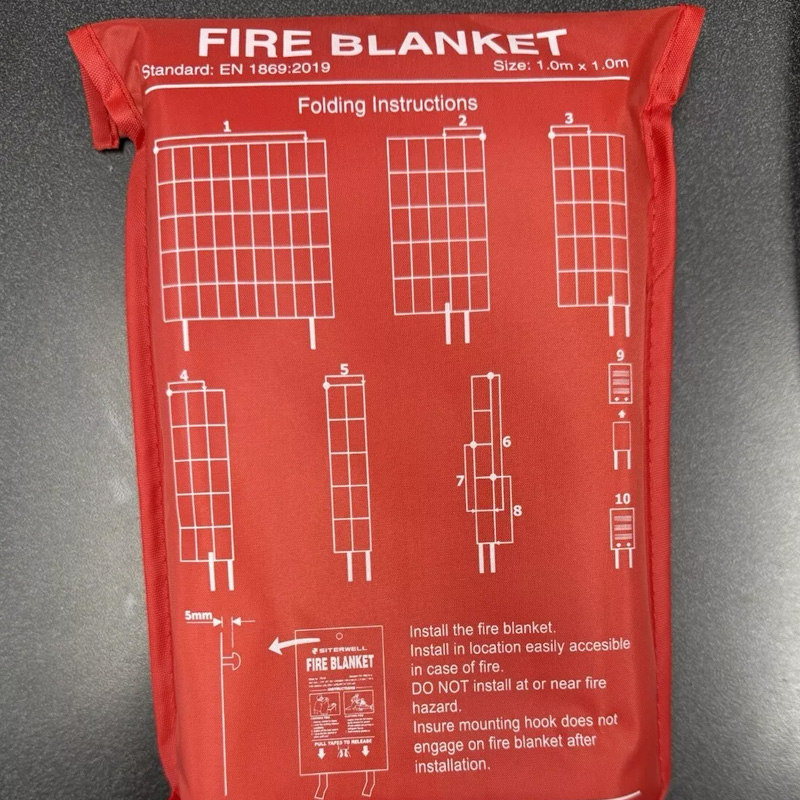
Common Mistakes to Avoid
Never make these errors with your fire blanket:
- Using it on large, out-of-control fires
- Removing it too soon (fire can reignite)
- Storing it near heat sources
- Forgetting to check expiration dates
Training Family Members
Teach everyone in your home:
- Where the blanket is stored
- When to use it versus calling for help
- The proper deployment technique
- Basic fire safety principles
Practice with an unopened blanket so everyone feels confident.
Final Safety Tips
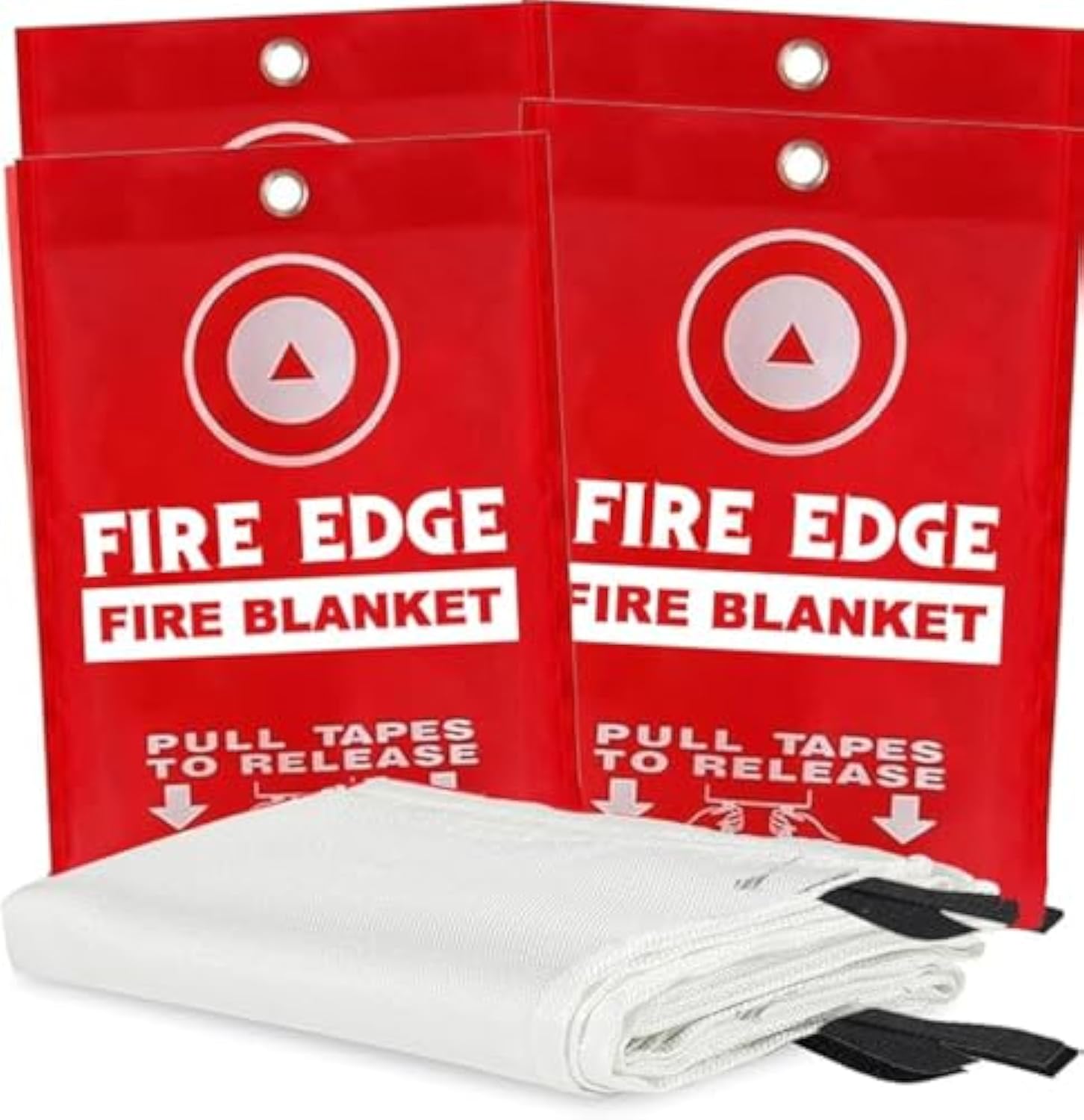
Remember these key points about your first emergency fire blanket:
- It's a first response tool, not a replacement for professional help
- Your safety comes first - evacuate if the fire grows
- Combine it with smoke detectors for complete protection
- Consider keeping one in your car's emergency kit



